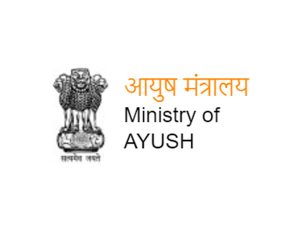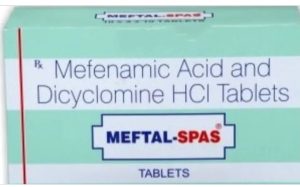Research suggests Leaves of Carica papaya is clinically effective in Dengue
11 min read
[easingslider id=”2431″]
In the rainy season the viral infections are very common. This is also a breeding season for the larvae of Mosquitoes. A very common infection which is creating panic among peoples is Dengue hemorrhagic fever which is fatal .But people must to know that the first category of Dengue infection is not fatal .Its simply managed by taking plenty of fluids and some immune-modulator herbs like Carica papaya leaves extract.
A large amount of biomedical research has been done on this subject, including three randomized control clinical trials There were no reported significant adverse effects following this treatment and toxicology studies ruled out any toxic effects even at higher doses .Research has shown many beneficial effects, including reduction in the duration of fever, duration of illness, hospital stay, most importantly fluid leak and the conversion of Dengue fever to Dengue hemorrhagic fever, rapid elevation of white blood cells and platelet counts. This treatment can be initiated at primary care level after confirming the diagnosis with NS1 antigen from the first day of fever.
Based on clinical experience and clinical research,
its recommended that papaya leave extract to be given from the first day of Dengue fever concurrently with the usual dengue management. This will reduce morbidity and mortality.
Guidelines in using carica papaya leaf extract for Dengue fever patients
1. In anyone suffering from fever, headache or body pain, it is advisable to do Dengue NS1 antigen test as early as possible.
2. If the Dengue NS1 antigen test is positive, it is very likely that you are suffering from Dengue fever.
3. When you are diagnosed with Dengue fever you should immediately get treatment from an allopathic doctor. Papaya leaf extract should be used in addition to the usual Dengue management.
4. Papaya leaf extract could be given at any stage of the disease. But for best results it should be given from the first day of fever.
5. Papaya leaf extracts could be taken as syrup; 30ml three times a day before meals for an adult and 5-10ml three times a day for a child until you have fully recovered from the illness. It is advised not to stop the treatment halfway.
6. A few sips of cold water could be taken immediately after the Papaya leaf extract, to overcome the bitter taste.
7. Do not take Papaya leaf extract if you are allergic to Papaya.
8. Method of preparation
• Get fresh healthy mature papaya leaves from a fruit-bearing tree.
• Wash the leaves thoroughly with running tap water and chop the leaves in to small pieces excluding the main stem (not necessary to remove the small stems in the leaves).
• Weigh 50g of papaya leaves and put it into a mortar and pestle.
• Add 50ml of boiled cool water and 25g of sugar.
• Pound the above mixture well for 15 minutes till a uniform pulp is made.
• Mix this pulp well and keep for about 30 minutes.
• Squeeze this pulp by hand and get the papaya leaf extract (do not use a cotton sieve to extract the juice).
• You can store this preparation for 24 hours in the lower compartment of the refrigerator (+4 oC)
• Shake the bottle well before the preparation is given.





